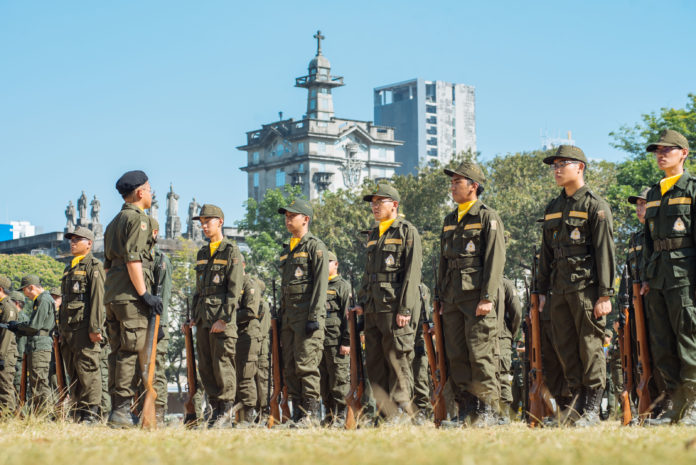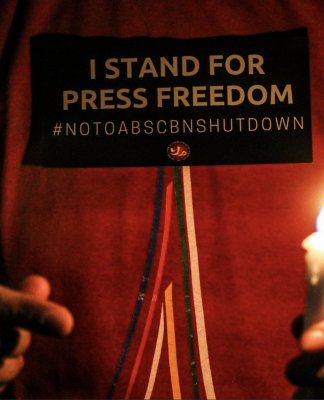
PUBLIC opinion was “balanced” on the implementation of the mandatory Reserve Officers’ Training Corps (ROTC) in college, an opinion poll conducted in July showed.
In the survey conducted by Oculum Research and Analytics Philippines, 50 percent of respondents expressed support for the revival of mandatory ROTC in college.
“This result suggests a balanced perspective on the importance of military training as part of higher education,” the survey report released on Sept. 1 read.
The revival of the mandatory ROTC gained traction in the Senate in March when Sen. Ronald “Bato” de la Rosa, a former national police chief, sponsored Senate Bill 2034, proposing the institutionalization of basic military and police training in college.
Groups opposing the program’s revival claimed it would harbor a culture of impunity, abuse, and harassment.
Mandatory ROTC was abolished in 2002, a year after the death of Mark Welson Chua, a Thomasian cadet who exposed corruption in UST’s ROTC unit to the Varsitarian.
The third-quarter national opinion poll surveyed randomly selected 1,200 respondents aged 18 and above across the Philippines from July 17 to 31.
Satisfaction rating
Vice President Sara Duterte, a staunch advocate of the revival of mandatory ROTC, received the highest job satisfaction rating among top public officials in the survey.
The concurrent education secretary garnered a 79-percent rating, indicating a positive public perception of her leadership and performance, according to the Oculum survey.
She was followed by President Ferdinand “Bongbong” Marcos Jr. with a 74-percent rating.
Support for national issues, programs
Earning the highest public support was the Pantawid Pamilyang Pilipino Program (4Ps), the government’s multibillion conditional cash program for the poorest of the poor, with 91 percent of respondents backing the program.
Dennis Coronacion, Oculum’s chief political analyst, said support for the 4Ps program could be attributed to the respondents coming mostly from Class D.
Climate action came in second with a 54-percent backing from the respondents.
Manny Mogato, Oculum oversight board member, said disasters such as typhoons and El Niño contributed to the public’s support for climate action.
“These issues really were in the consciousness of most of the respondents at that time (July) so that explains why the support is high for climate action,” Mogato said.
Meanwhile, the K to 12 education system came in third with a 53-percent rating.
The percentage of support for other national issues and programs are as follows:
- Rice Importation – 45 percent
- Small Town Lottery – 35 percent
- Maharlika Investment Fund – 34 percent
- Anti-Communist Insurgency – 23 percent
- Divorce – 22 percent
- SOGIE Bill – 21 percent
- Mining – 18 percent
- Same-sex Marriage – 17 percent
- Partnership with China – 15 percent
- POGO – 9 percent
- E-Sabong – 7 percent
Oculum said the percentages used the total number of respondents that gave an answer to each item on the list of national issues.
“The survey results reveal a diverse spectrum of public attitudes toward various issues in the Philippines…Understanding these varying perspectives is crucial for policymakers in designing and implementing initiatives that resonate with the preferences and values of the populace,” Oculum Chief Statistician Joseph Mercado said in a statement.
Oculum Research and Analytics is a polling and research organization conducting quarterly public opinion polls covering various sociopolitical issues, trust in institutions, job satisfaction of top public officials, and voter preferences.
Oculum has UST faculty members Felipe Salvosa II and Manny Mogato as oversight board members and Coronacion as chief political analyst. H.J.V. Andaya
















